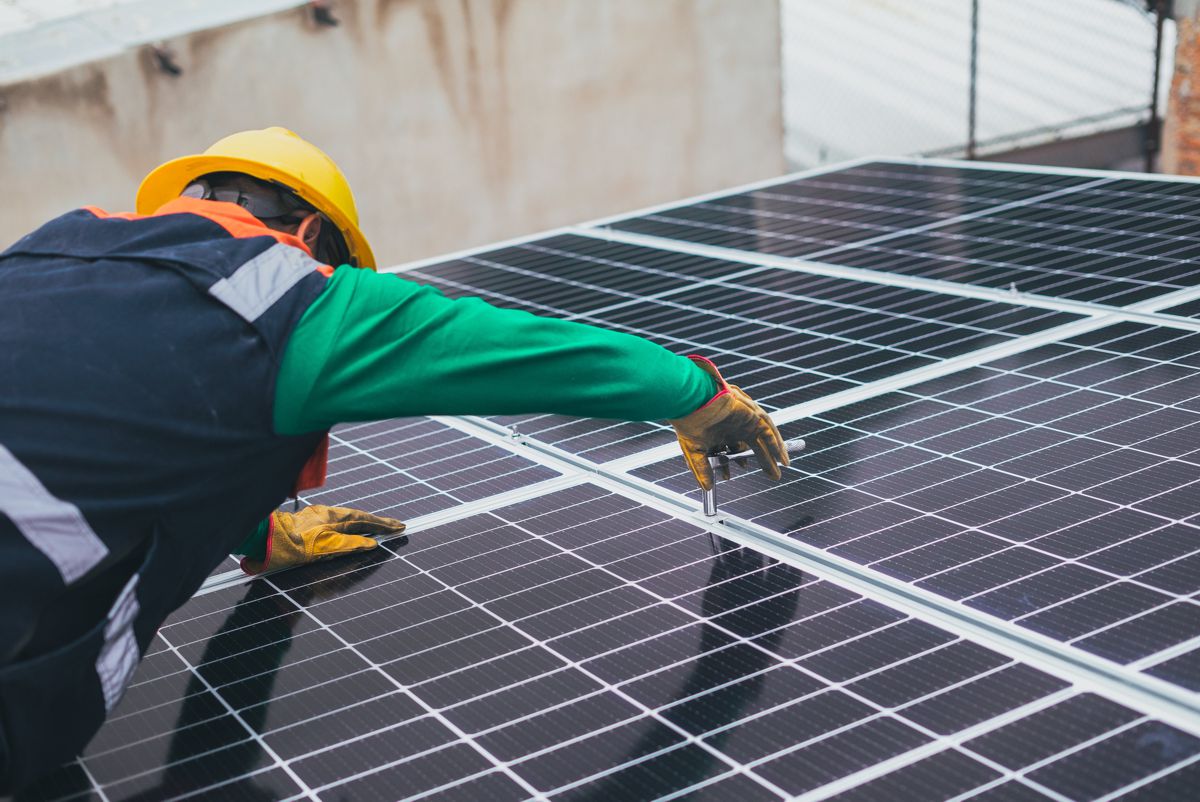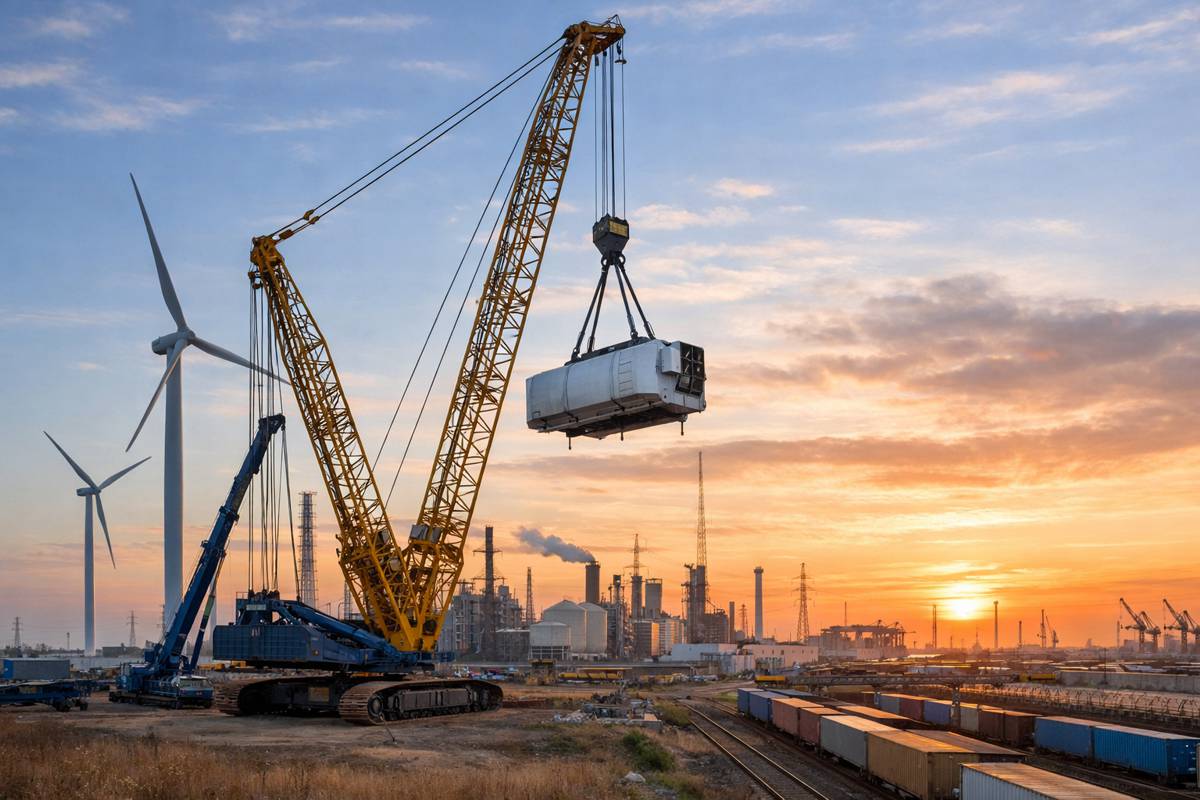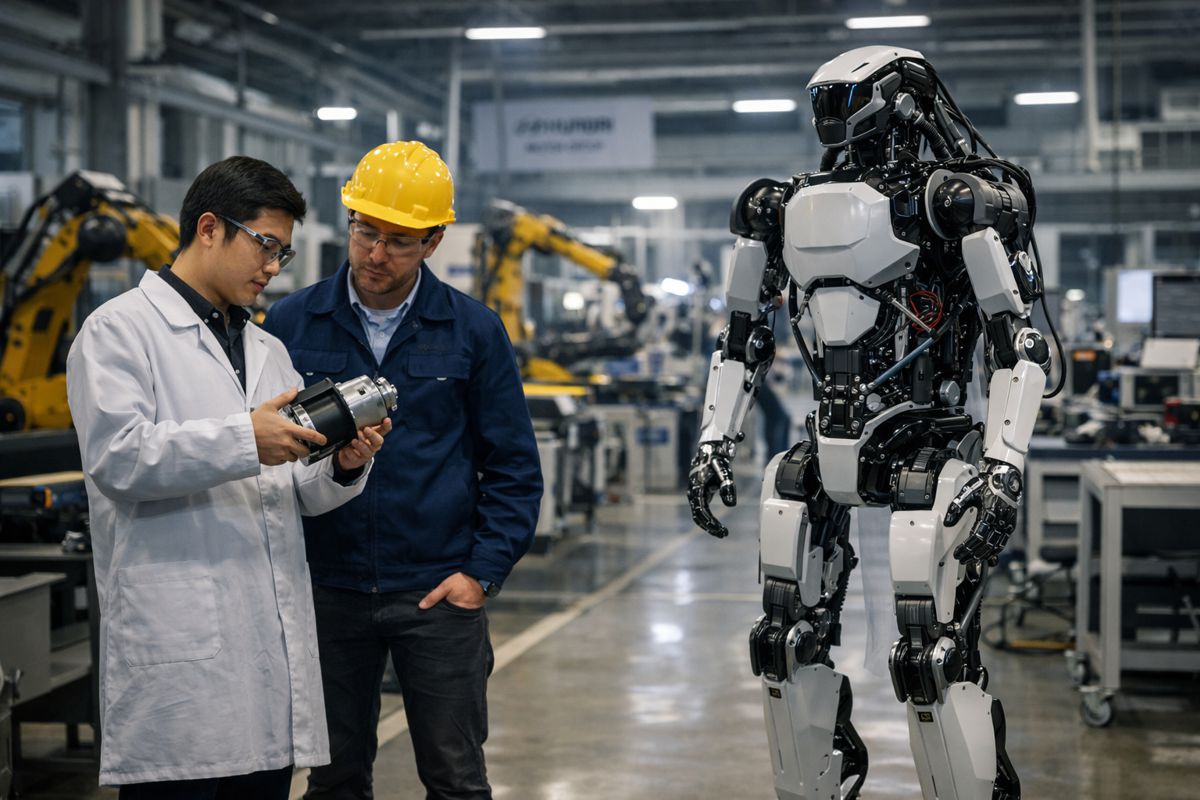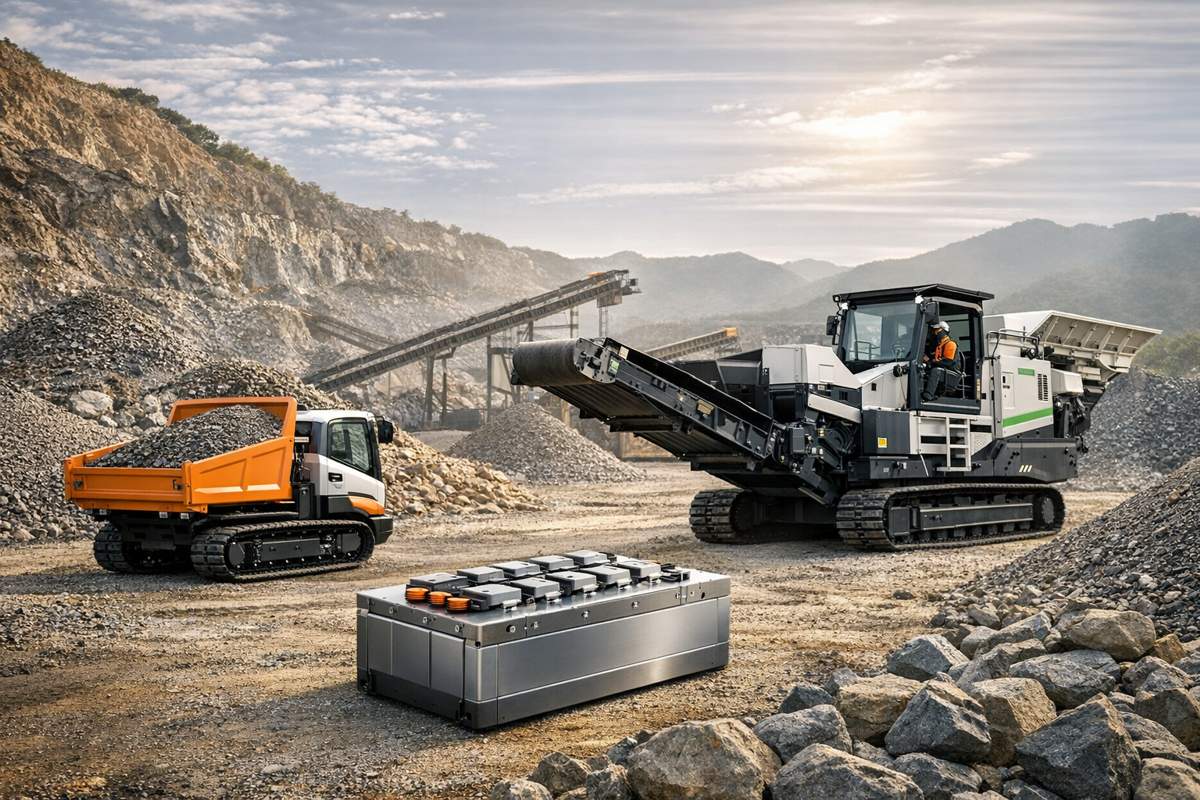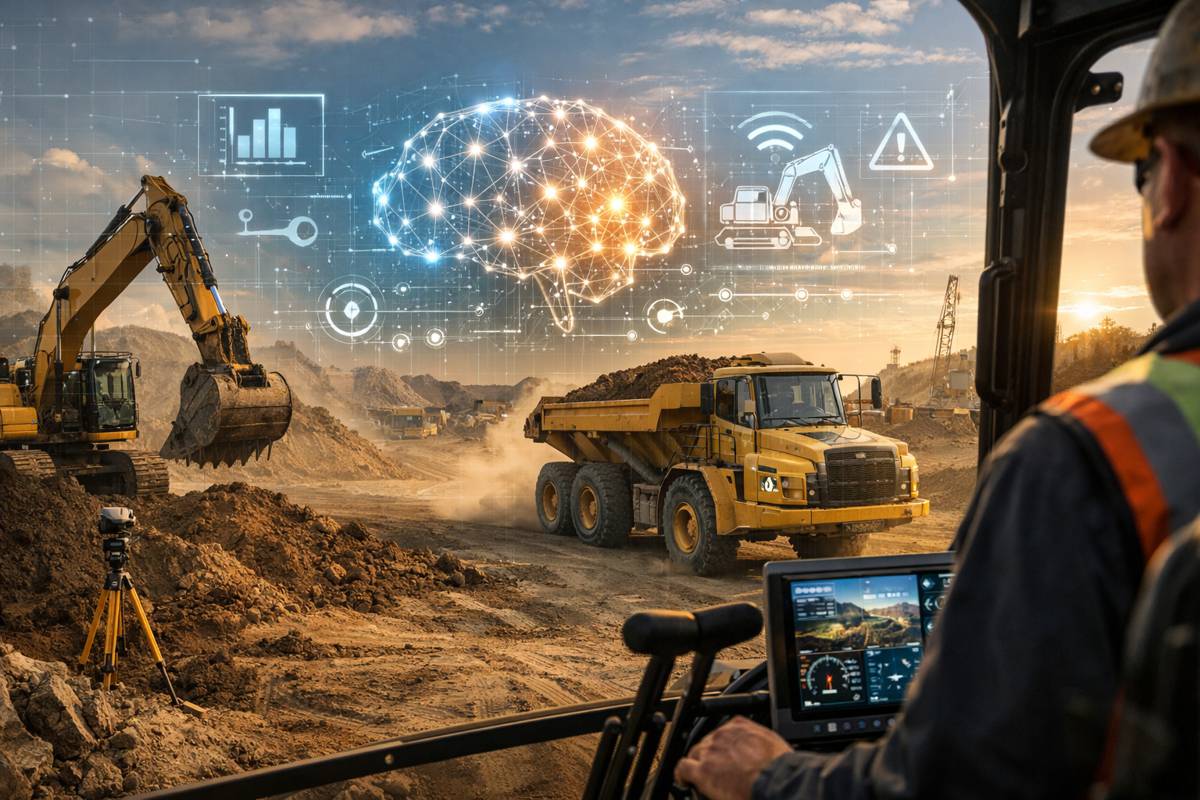The importance of Sustainability in Manufacturing
Sustainability in manufacturing has been a big topic for many years now and there’s good reason for it. With more and more pressure being put on businesses around the world to reduce their carbon emissions, it’s essential that those who work in sectors with high emission output, do whatever they can to reduce their overall carbon footprint.
Prashanth Mysore, Senior Director: Strategic Business Development at DELMIA takes a look at some of the ways your business can become even more conscious about the impact your operations are having on the environment, as well as some of the many benefits of making your manufacturing firm more environmentally friendly.
The Virtual Twin Experience is a key differentiator in decarbonizing heavy industry processes. For instance, in green steel manufacturing Virtual Twins can help to establish fully integrated, highly automated factory with circularity, establishing green steel manufacturing processes, reducing CO₂ emissions with up to 95 percent compared to traditional steelmaking. Using Virtual Twins system modelling one can validate the replacement of coal with green hydrogen powered by fossil-free electricity, water and it is only the beginning where green hydrogen decarbonizes other heavy industries.
How can manufacturers be more sustainable?
Before we delve deeper into what manufacturers can do to reduce their overall carbon emissions and become more sustainable, it’s essential to take a closer look at the three key pillars that contribute to businesses becoming more eco-friendly:
- Energy Efficiency: Implementing technologies and processes that lower energy consumption and reduce carbon footprint consistently over time.
- Waste Reduction: Embracing a circular economy model where waste is minimized and recycled back into the production process.
- Use of Sustainable Materials: Prioritizing eco-friendly and recycled raw materials in production.
While the above pillars may sound obvious, it’s essential that manufacturers take steps to work toward addressing each issue in order to successfully lower overall company emissions. By integrating these practices, manufacturers can ensure long-term business viability while concurrently contributing to environmental preservation.
Power the industry through renewable energy
Finding alternative ways to power your business operations is essential for manufacturers to work towards becoming more sustainable in your practices. If you are able to incorporate solar or wind energy into your power supply, you could not only save yourself a considerable sum on fossil fuel related costs, but your business will inevitably lower its carbon footprint.
Whilst the initial outlay for solar and wind power can be substantial, you are playing a key role in futureproofing your business with renewable energy and will make cost savings on fueling your manufacturing operation over the years to come.
Create or upgrade your factory and production processes with sustainability in mind
Another key consideration when not only looking to become more sustainable as a business, but also futureproof operations, is for your business.
The benefits of upgrading your factory and production processes are two-fold, as your business will benefit from improved operations and profitability, and this will be a huge selling point to any new clients you may be looking to on board.
Waste reduction – Design and simulate production systems in the virtual world prior to physical build
A fantastic way to ensure your manufacturing firm is able to reduce waste is to simulate production systems in the virtual world, prior to committing to physical build. This takes all of the risk out of committing to, and investing in infrastructure that may not be fit for purpose. The amount of waste, in terms of both actual parts and workforce time, can be substantial if mistakes are made repeatedly. Therefore, a virtual world build is often a fantastic way to make your operations leaner and greener.
For example, DELMIA helps organizations achieve greener manufacturing by enabling the simulation of products and processes and optimizing “first time right” plans through data-driven decision-making. In supply chain planning, DELMIA helps bring sustainability to the forefront by measuring the relevant key performance indicators, such as pollution & CO2 emissions, scrap, and raw material usage. By adopting green manufacturing, companies can decrease carbon emissions and waste across production processes and the value network. In addition, improved materials use helps businesses lower costs and enhance their bottom line.
Reduce waste, recycle, and consider second-life products to achieve circular economy
Promoting a circular economy in your business is essential to meeting sustainability targets, as it enables your business to vastly reduce the amount of product waste created. A circular economy is based on the principles of reusing and regenerating materials or products, in order to continue production of products in a more sustainable and environmentally friendly way. In recent years, circular economies have become extremely popular in nearly all sectors, as businesses look for ways to cut their carbon emissions and waste products.
There are 4 key steps to a circular economy:
- Sourcing – understanding material impact and external factors affecting a business. Being conscious about the raw materials you utilize and also considering the use of natural resources that aren’t renewable or recyclable.
- Manufacture – look to incorporate eco-friendly design into your processes, whilst also maximizing efficient manufacturing processes & distribution across your business.
- Use – optimize your processes to ensure products are built to last and focus on providing your customers with a use, repair and reuse loop.
- Recovery – offer collection on products at the end of their lifecycle and where possible, recycle the products.
Showcasing that you are embracing a circular economy to prospective clients can help your business stand out in a crowded market, as more and more businesses are becoming concious about how seriously their suppliers are taking climate action. Being able to show how your products are created with end of life recycling in mind is a great way to not only reduce your overall carbon footprint, but also entice new clients with your eco-friendly practices.
There’s no getting away from the fact that as manufacturers, we all need to do what we can to protect the environment.
Even making the smallest change to our existing processes can go a long way to reducing carbon emissions, so it’s essential that firms take a minute to consider what aspects of their operations could be run more effectively. Doing this will not only help reduce emissions, but it may well even save you some time and money in the long run too!
Article by Prashanth Mysore, Senior Director: Strategic Business Development at DELMIA.








